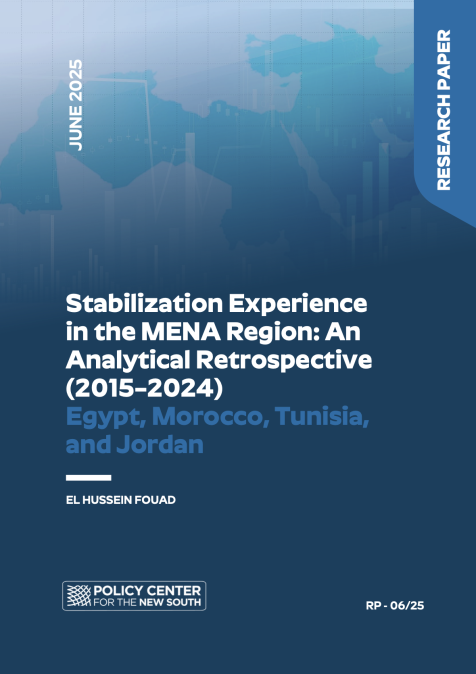Inclusive Growth in Latin America & the MENA Region: Achievements and Hurdles
September 1, 2023
In our discussion with Alejandro Werner, Founding Director of the Georgetown Americas Institute, he shares insights from his experiences in Latin America. Werner highlights the impactful policies and reforms that have championed inclusive growth. Additionally, he delves into the challenges faced by emerging markets in the Middle East and North Africa (MENA).
Speakers

Alejandro Werner
Founding Director, Georgetown Americas Institute
Alejandro Werner joined the Georgetown Americas Institute as founding director in March 2022. His expertise is in economic outlook, emerging markets, monetary policy, currency, financial crises, and fiscal policy in Latin America. He Served as director of the Western Hemisphere Department of the International Monetary Fund (IMF) from January 2013 to August 2021. A Mexican citizen, Mr. Werner has had distinguished careers in the public and private sectors as well as in academia. He served as Undersecretary of Finance and Public Credit of Mexico (December 2006–August 2010) and Head of Corporate and Investment Banking at BBVA-Bancomer (August 2011 until end-2012). Previously, he was Director of Economic Studies at the Bank of Mexico and Professor at ITAM, Instituto de Empresa, an ...








